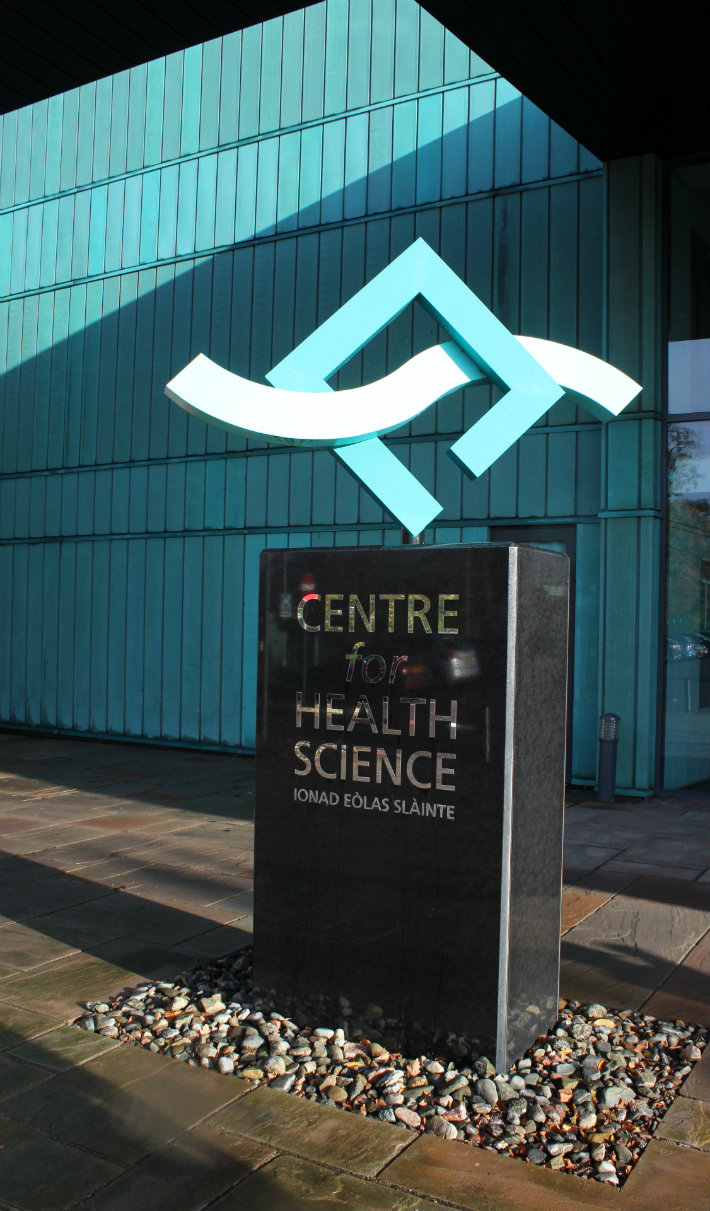
Alex Neil MSP and Neil Findlay MSP went head-to-head to debate whether independence is good for health in front of a live audience of nursing students and NHS staff at the University of Stirling’s Highland campus in Inverness today (April 24).
The event – organised by the University’s School of Nursing, Midwifery and Health – saw Alex Neil, Cabinet Secretary for Health and Wellbeing, representing ‘Yes Scotland’ and Neil Findlay, Shadow Cabinet Secretary for Health and Wellbeing, representing ‘Better Together’.
They were joined on the panel by Maree Todd, a clinical pharmacist at New Craigs Hospital in Inverness, and Mike Robb, prospective Labour candidate for Inverness, Nairn, Badenoch and Strathspey at next year’s General Election. Video conferencing was also used to broadcast the debate to an audience at the University’s Western Isles campus in Stornoway.
Dr Annetta Smith, Associate Head of the University’s School of Nursing, Midwifery and Health, said: “This is a unique opportunity for our student nurses, who are the potential nursing workforce of tomorrow’s Scottish healthcare service, to put healthcare-related independence questions directly to the Cabinet and Shadow Cabinet Ministers for Health and Wellbeing.”
The debate addressed a range of issues about healthcare in an independent Scotland, including the potential impact of independence on free and universal access to healthcare, health inequalities, staffing levels, the recruitment of doctors to remote and rural areas and private sector involvement in NHS provision in Scotland.
A slideshow of pictures from the event is available on the Scottish Provincial Press website
Notes for editors
- Background information
-
The independence referendum, which takes place on 18 September, has huge implications for public health, public services and NHS employees. Scotland is “the sick man of Europe,” [i] with the poorest life expectancy levels compared to other European countries.[ii] Privatisation of public services in England is moving at a much faster rate than in Scotland.[iii] The NHS is Scotland’s single biggest employer, with over 168,000 employees across the country.[iv] Therefore the question of independence and health is a crucial topic to debate.
[i] Lawder, Richard; Harding, Oliver; Stockton, Diane; Fischbacher, Colin; Brewster, David H; Chalmers, Jim; Finlayson, Alan; Conway, David I. 2010. Is the Scottish population living dangerously? Prevalence of multiple risk factors: the Scottish Health Survey 2003. BMC Public Health, 10:330
[ii] Whyte, Bruce; Ajetunmobi, Tomi; 2012. Still the “sick man of Europe”? Report for Glasgow Centre for Population Health. [online] http://www.gcph.co.uk/publications/391_still_the_sick_man_of_europe (accessed 10-04-2014)
[iii] Department of Health. 2012. Health and Social Care Act 2012: fact sheets. [online] https://www.gov.uk/government/publications/health-and-social-care-act-2012-fact-sheets
(accessed 13/04.2014)
[iv] Scottish Government. Scotland’s Spending Plans and Draft Budget 2011- 2012, [online] http://www.scotland.gov.uk/Publications/2010/11/17091127/9 (accessed 10-04-2014)
